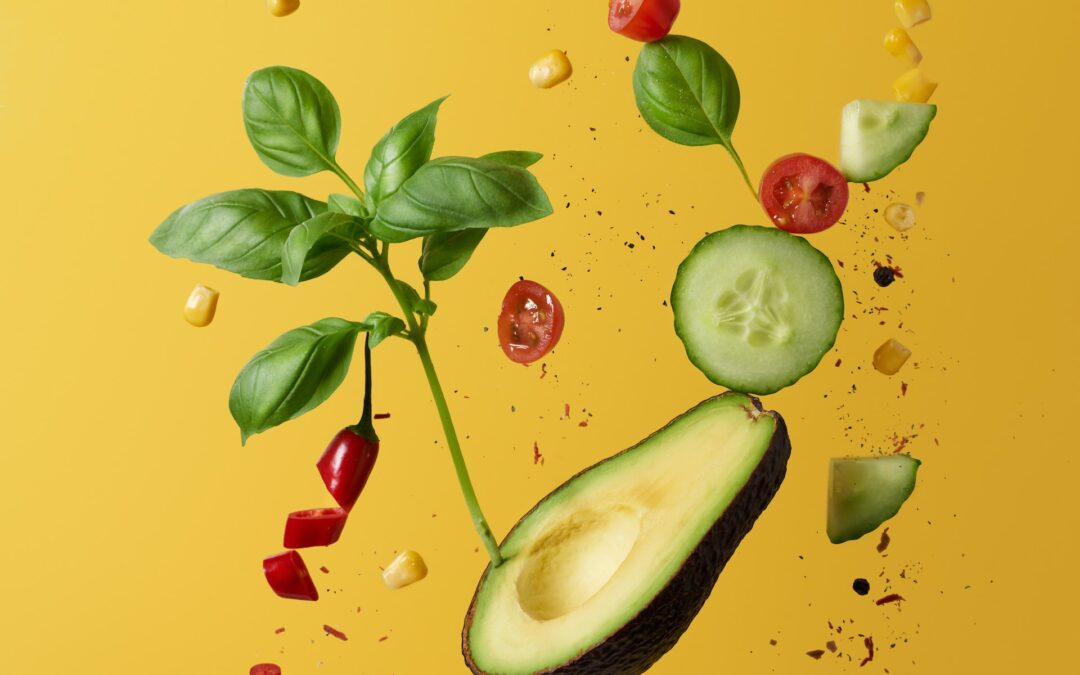A search on ‘potassium and kidney disease’ is likely to leave you feeling confused and convinced that every last jot of potassium needs to be removed from your diet. Many people who come to me are under the impression that potassium is toxic to their kidneys. I can see why.
This short blog is here to clarify things.
So, is potassium toxic to kidneys? No. Absolutely not!
Do some people with kidney disease need to make adjustments to their diet to reduce the amount of potassium in their food? Yes, they do.
Let me explain.
The kidneys get rid of waste products and excess nutrients (such as potassium) from our diet. We then flush them down the loo (or behind a bush, if you like a wild wee). In advanced chronic kidney disease, our kidney function can be reduced to such a degree that significantly less of these nutrients and waste products are excreted. Consequently, they build up in the blood causing problems. In the case of potassium, very high levels can affect the heart function.
So, yes, if the kidneys are damaged and unable to do their job, too much potassium in our diet could pose a serious risk to our health, but not specifically to our kidneys.
However, for those of us whose kidneys are functioning reasonably well, a good intake of potassium is very important. Potassium is a mineral and it’s involved in many bodily processes, such as nerve and muscle function, both of which are key to a healthy heart and well controlled blood pressure This ensures the efficient delivery of blood around the body, keeping our organs working to full capacity.
High blood pressure, on the other hand, can damage our blood vessels and that includes those serving the kidneys. The result is a drop in blood flow to the kidneys and they become less able to do their job. Raised blood pressure is, in fact, a major cause of chronic kidney disease.
This can set up a vicious circle since the kidneys, themselves, play a vital role in managing our blood pressure. They do this by regulating our blood volume (or how much we pee out) and via the production and regulation of a hormone which causes our blood vessels to constrict, increasing the pressure (like when we squeeze the end of the hose to create a more forceful squirt).
So, if our kidneys are not damaged or they are at an early stage of disease and our blood levels of potassium are not raised, having a diet with good sources of potassium is likely to be protective for our kidney function (and health in general).
On the other hand, at advanced stages of chronic kidney disease (stages 4 and 5), I would recommend speaking with your doctor, consultant or dietitian before suddenly increasing your potassium intake, especially if your kidney function seems to be dropping quite rapidly. At this stage, it’s a question of finding the balance. If you are under a specialist kidney unit, you should have access to a specialist kidney dietitian and a raised potassium would be grounds for referral.
What are the main sources of potassium in our diet?
Most plant-based foods and protein foods contain significant sources of potassium. However, plant-based foods also bring with them a range of other protective compounds such as antioxidants and fibre. So, if you are having to reduce your potassium intake a little, please don’t just ditch the fruit and vegetables. A reduction in animal protein would also reduce your potassium intake and might just help protect the kidneys too.
A good website for reliable advice is Kidney Care UK, the UK’s leading kidney patient support charity | Kidney charity. Take a look at their ‘Kidney Kitchen’ pages or get in touch with me for a chat.


Another great read Annabel. Thank you!
Thanks for the lovely feedback. I hope you never need the advice.